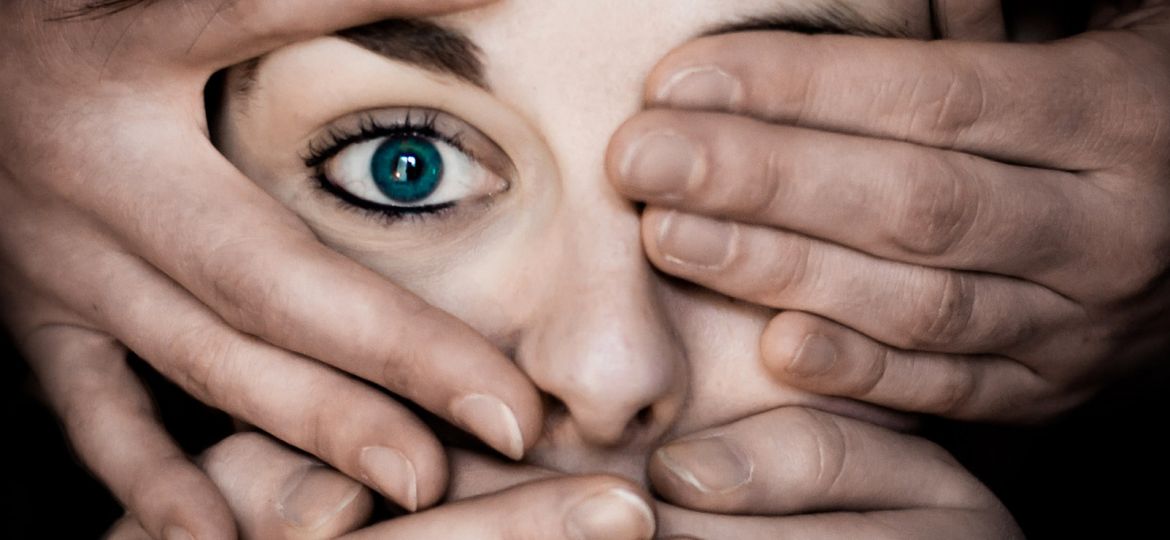
WHY THIS MATTERS IN BRIEF
Being able to detect that someone feels guilty could be used to detect the likelihood of a crime happening, as well as assign blame after the event.
Neuroscientists around the world have been trying to decipher the brain and all of its beautiful complexity for centuries, but now, a team of researchers from Virginia Tech have discovered that brain images can reveal whether someone committed a crime knowingly or recklessly. While this might seem like a small distinction to make it’s an important one, for a few reasons – and it has implications both today, and on the future.
The first reason is that in a court of law the distinction can make the difference on whether you go to jail, and if so for how long. Secondly, and more intriguingly, however, if you are able to tell that someone committed a crime knowingly – post the event – then it could also be theorised that their brainwaves will give them away before the crime even takes place – unless they’re a psychopath and display no guilt at all. In that case, let’s face it the technology’s probably as good as useless…
During their experiment Read Montague, a neuroscientist at Virginia Tech who led the study, and his team scanned the brains of 40 volunteers and used artificial intelligence (AI) and machine learning algorithms to study the images to determine culpability and guilt.
The participants were given a thought experiment in which they had to decide whether or not to carry a suitcase across a border, and all of them were given varying probabilities that the suitcase contained illicit drugs. This allowed the team to differentiate between the volunteers who knowingly committed a crime and those who simply accepted the risk associated with the act. By monitoring which parts of the brain were activated in each scan, the researchers were then able to determine which participants knew they were carrying drugs, and which participants were simply acting recklessly.
“People can commit exactly the same crime in all of its elements and circumstances, and depending on their mental states, the difference could be one would go to jail for 14 years and the other would get probation,” Read Montague, a neuroscientist at Virginia Tech who led the study, said in a press release. “Predicated on which side of the boundary you are on between acting knowingly and recklessly, you can differentially be deprived of your freedom.”
The research, which was published last week in the journal Early Edition of the Proceedings of the National Academy of Sciences, is the first neurobiological evidence of the difference between knowledgeable and reckless mental states. And even though the study is currently confined to the laboratory it’s conceivable that someday it might head into the courtrooms, or beyond, where it could be used to more accurately determine guilt.
Taking a step back from the experiment though, now think about this for a moment. If I ask you to go and shoplift something – by the way don’t do that I’m giving you an example here, duh – and, if you’re a “normal” person who displays “normal” emotions, then it’s likely that before you commit the crime you’ll have pangs of guilt – the same can be said for many situations.
This new breakthrough, albeit a nascent one, means that I now, have a way to measure not just if you’re guilty, but just how guilty you are. And arguably the guiltier you’re feeling then, potentially, the bigger the crime.
At some point in the future it’s inevitable that the Brain Machine Interface (BMI) skull caps that the researchers used, which are also used widely across a mix of industries nowadays, will be miniaturised and put into a sensor, or most likely a device. And if that device happens to be a security system, which let’s face it is a way off, but still technically feasible, it could be used to figure out who might be up to no good.
A great example of a use case might be an airport where everyone looks like they’re behaving normally, having a technology like this in your security kit bag, along with a few other pre-crime technologies, such as the ability to pull movies out of people’s heads, or just their innermost secrets, could be a great asset in the fight against terrorists and terrorism. Imagine not just being able to identify who’s feeling guilty but also what they’re about to do before they do it… it’s not as big a leap as you think it is.
















